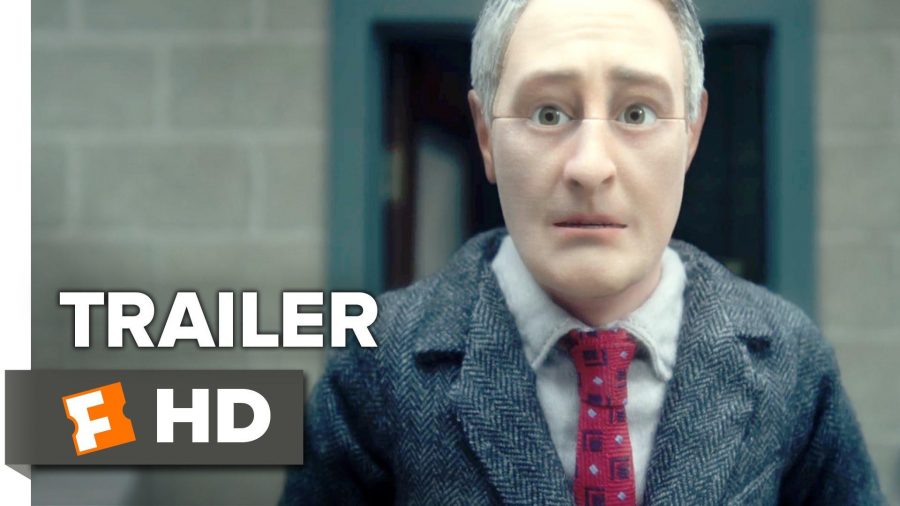Warning: This review contains minor spoilers for the film “Anomalisa.”
What makes us human? What does it mean to be a person? To be alive?
These are the big questions in “Anomalisa,” a stop-action film directed by Charlie Kaufman and Duke Johnson. Similar in style to films such as Wes Anderson’s “Fantastic Mr. Fox” and Mark Burton & Richard Starzak’s “Shaun the Sheep,” this slightly oddball film is one of this year’s contenders for Best Animated Film at the Oscars.
The film revolves around Michael Stone, author of a customer service book titled How May I Help You Help Them? He flies to Cincinnati for a conference for other people who work in the customer service industry. Despite having all the typical markers of success in American society, such as a stable family and well-paying job, Stone is unsure of his life and unhappy with his existence. Everyone around him has the same voice (literally, they all have the same voice actor), says the same things and performs the same actions. Is he going mad, or is he truly the only human in a midst of robots? Scared, drunk and alone in his hotel, Stone has almost given up on escaping what appears to be something like the Matrix.
Then he hears something new — a voice he has never heard before, one different from the hundreds of people all around him. Frantic to find the source, he pounds on multiple doors before stumbling into one where the girl of his dreams lives with her roommate. Certain this girl is the only one for him, Stone tries to make her his. The girl, Lisa — whom he nicknames “Anomalisa” — is only too happy to belong to him. Stone begins planning to leave his wife, his son and everything in his past life, until her voice begins to sound the same.
In the end, you’re left to wonder if it is the world that is broken, inhuman, unfeeling and homogeneous, or if it is all in the head of a lonely man desperate to find a reason behind his failure to feeling nothing but despair.
The use of stop-action figures to tell this story instead of using actual actors does not negate the humanity of the characters. Their quirky movements, their awkward pauses and their painful small talk are all reminiscent of humanity. Even the sex scene involving Lisa and Stone feels largely human, albeit with a touch of strange robotic movements here and there.
Don’t be fooled by its animated status — this film is not for the whole family. It is full of swearing and nudity that, despite coming from figurines and not real people, looks entirely real. This is in addition to the existential questions about why we exist and what everything in this universe really means.
See “Anomalisa” when it comes to general Utah theaters on Jan. 22 to ponder these questions yourself.


